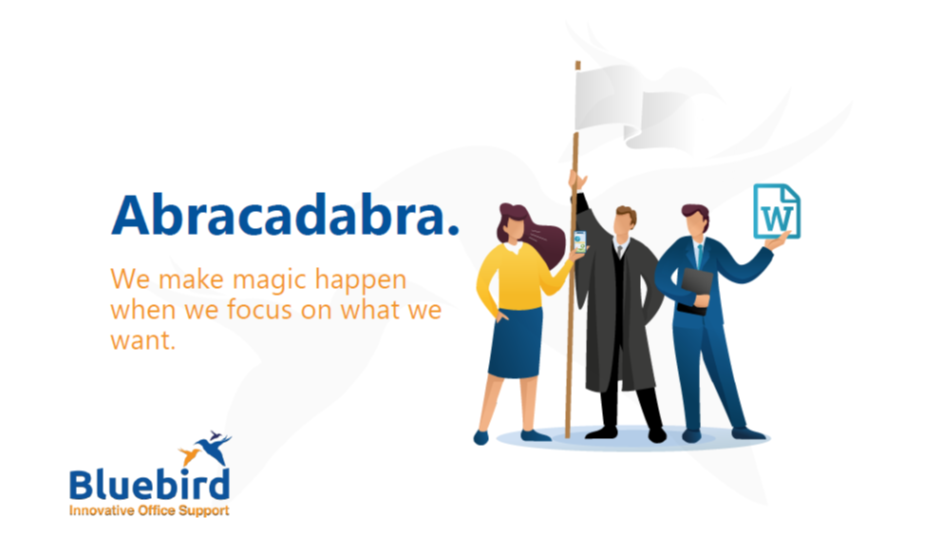Productivity tools you already have – ten fingers and a voice
In a world where productivity really matters, whether for business profitability or simply helping your mental health by removing frustrations, one of the quickest ways to convey information is to speak with one another.
We might not like receiving or making cold calls let alone a straightforward telephone call, and a lot of us tend to hide behind the keyboard and use text as a preferred method of communication.
We have certainly evolved into a type of keyboard warrior (pun intended). Even as I write this, I’m conscious that at a typing speed of 96 words per minute, my text will reach a wider audience than dozens of calls. And to be honest, I hate the idea of video!
In a world where typing is usually by 2 thumbs than 10 fingers, typing is now becoming a chore, a bore and causing frustration.
If you want to learn how to type with 10 fingers, then check out Mavis Beacon Free who has been teaching typing since the 1980s!
Or have you thought about simply using your voice?
The simple fact is, we generally speak at a comfortable 150 words per minute. An average typist can type at 60 words per minute but a fast and experienced typist is around 100 words per minute; some of us are even faster!
Dictating is a skill of itself. It takes practice, just as it does to learn to type with 10 fingers. The upside is that you already have a lot of experience in using your voice.
Here are my top tips for learning how to dictate.
- Imagine you are preparing to leave a voicemail. By placing ourselves into that state and imagining that we are speaking with someone means we are already thinking about the words we want to say. We do this unconsciously, but it wasn’t always like that. Do you remember a time when you hated leaving a voicemail (perhaps you still do)?
- Don’t be a perfectionist! If you’re new to dictation then at this stage it really isn’t important to have all of your spoken words arranged in an immaculate way. A great secretary will understand what you mean, and will punctuate your transcript for you. If anything, your tone of voice really helps the listener to know where to punctuate, so just imagine you’re telling someone a story.
- Background noise does matter but not in the way that you think. Some people are put off dictating because they may be in hearing distance of other people. If you are uncomfortable making phone calls and leaving voice messages in front of others, then this will likely affect your willingness to learn dictation. Once you are conscious about your environment, you can do something to change it.
- Get your first draft out using your voice. Use dictation as a quick way to get your first draft written. You can always update it and amend it later but at least it’s out of your head and onto a page where you can see it. As you practice your dictation, your first drafts will become more perfect over time.
- Doesn’t it take longer to have someone else type it? This is a common perception but it usually not the case, particularly once you get used to dictating your drafts. The reality is that we can return a piece of dictation very quickly – often within the hour. How does that time compare with your own typing?
Try another free tool to help you practice
There are lots of dictation apps for smart phones and a lot of them are free. If you would like to give it a try, then get in touch and I can advise on what will work best for you.
To have your dictation transcribed is cost-effective. Our costs are £1.35 to have a minute of dictation typed up, so 10 minutes of your voice will cost you £13.50.
.
What Our Customers Think
The work is completed accurately, with a choice of turnaround times and over extended office hours.
They simply get the job done and they work around the clock too. We’ve saved salary and temp costs in our business by outsourcing the typing.
production.
